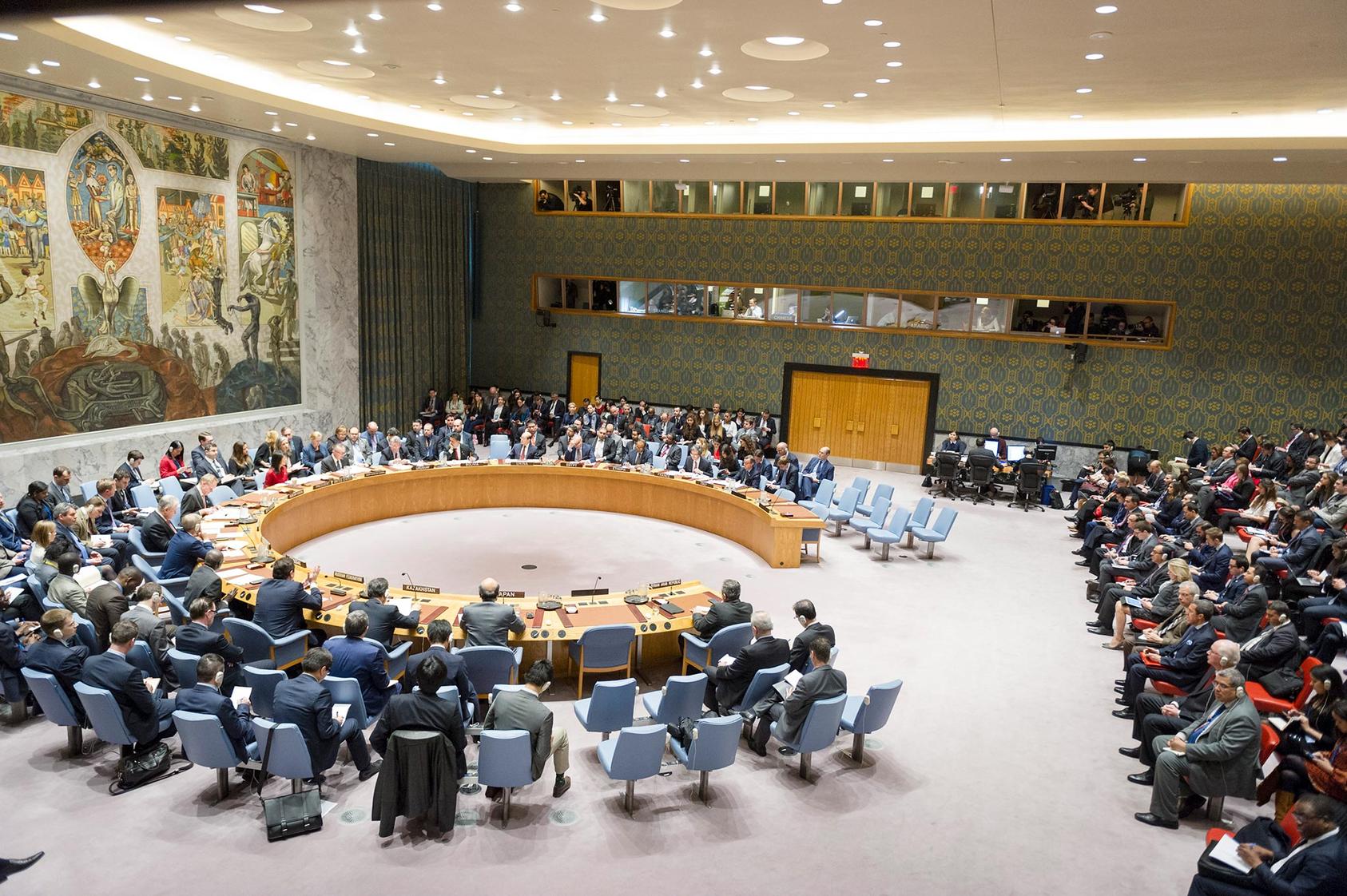Mediating Violent Conflict
Designed for practitioners working in or on conflict zones, this course will introduce participants to mediation and improve their ability to understand the motivations and objectives of the various parties to mediation, promote ripeness, develop effective relationships, increase leverage and strengthen mediation capacity.

Course Overview
Working in a conflict situation often demands mediation skills, whether you are working at a grassroots level or in state capitals. Mediation is both an art and science, and requires skilled analysis, careful planning and effective communication. Participants will practice skills through simulations, role-play and case studies.
If you cannot view the video, click here to download it.
Agenda
Chapter 1 Introduction to Mediation
One of the most perplexing challenges in the area of conflict management and peacebuilding is how to help parties to a conflict stop fighting and come to a sustainable agreement. Mediation, in its simplest form, is a three-way process by which a third party helps the parties to a conflict find a solution they cannot find by themselves. In this first chapter, you will be introduced to mediation and its complexities. Through a decision-making scenario you will learn about the importance of listening, analytical and persuasive skills that help the parties find common areas and thus, ideally, a settlement
Chapter 2 Conflict Analysis, Ripeness and Readiness
Conducting a conflict analysis is the cornerstone of mediation and without a proper analysis the chances of reaching a mediated agreement are extremely slim. This chapter will explore how to conduct a thorough conflict analysis by answering the basic questions of who, where, what, why, when and how, and the players involved, both directly and indirectly. Additionally, you will be immersed in a scenario that will help you decipher if a conflict is ripe and/or ready and the importance of these concepts in the field of mediation.
Chapter 3 Mediation Skills
Mediation requires commitment, humility, humor and endless amounts of patience. This chapter focuses on the skills of an effective mediator. Understanding issues on both sides is critical. What are the sources of leverage? What are the incentives and disincentives? Are the parties ready to meet or are they reluctant to talk? Who talks? Who talks first? Do you have equal access to all parties involved? This chapter’s decision-making scenario aims to build your confidence in your skills as a capable and effective mediator.
Chapter 4 Institutions and Dynamics of Mediation
This chapter addresses the strengths and weaknesses of different types of mediators and mediating institutions. We explore the different ways to engage as a mediator. Participants will learn to identify strategies for holding a productive discussion with parties to a conflict.
Course Instructors
Guest Experts
- Eileen Babbitt, Professor of Practice of International Conflict Management, Director of the Institute for Human Security, and Co-Director of the Program on Human Rights and Conflict Resolution at The Fletcher School
- Chester A. Crocker, James R. Schlesinger Professor of Strategic Studies at Georgetown University Walsh School of Foreign Service
- Ambassador Princeton Lyman, former United States Special Envoy for Sudan and South Sudan
- Joyce Neu, Founder and Senior Associate, Facilitating Peace



